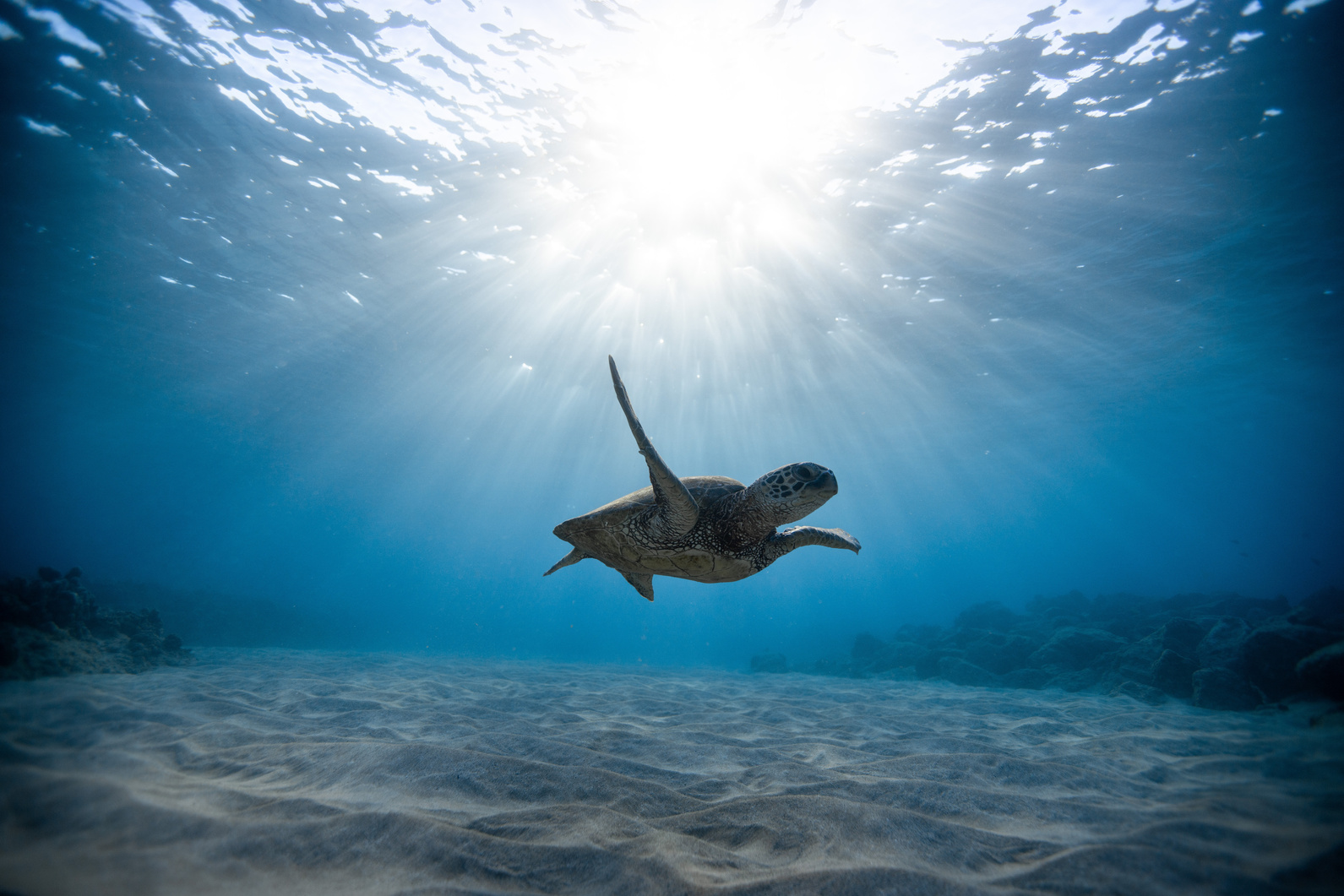Turtles, some of the oldest creatures on our planet, are facing alarming declines due to habitat loss, climate change, and human exploitation. These ancient mariners, who have roamed the oceans for over 100 million years, are now at risk of extinction. Coastal development, pollution, and destructive fishing practices have decimated their habitats, while climate change alters their nesting sites and impacts their food sources. Human activities such as illegal poaching for their shells and eggs further exacerbate the problem, pushing these majestic creatures closer to the brink.
The scarcity of turtles is not just a loss of biodiversity but also a threat to the health of marine ecosystems. Turtles play a critical role in maintaining the balance of their environments. For instance, green turtles help keep seagrass beds healthy, which are essential breeding grounds for many marine species. Leatherback turtles control jellyfish populations, which, if left unchecked, can disrupt the marine food chain. The decline of turtle populations can lead to cascading effects that compromise the integrity of oceanic ecosystems, highlighting the urgent need for comprehensive conservation efforts.
Conservation initiatives are vital to reverse the decline of turtle populations and ensure their survival for future generations. Protecting nesting sites, regulating fisheries to prevent bycatch, and cracking down on illegal trade are essential steps. Additionally, raising public awareness about the importance of turtles and promoting sustainable practices can help garner support for conservation measures. International cooperation and robust legal frameworks are also crucial in safeguarding these vanishing giants. By prioritizing turtle conservation, we not only preserve an irreplaceable part of our natural heritage but also enhance the resilience and health of our planet’s marine ecosystems.



0 Comment